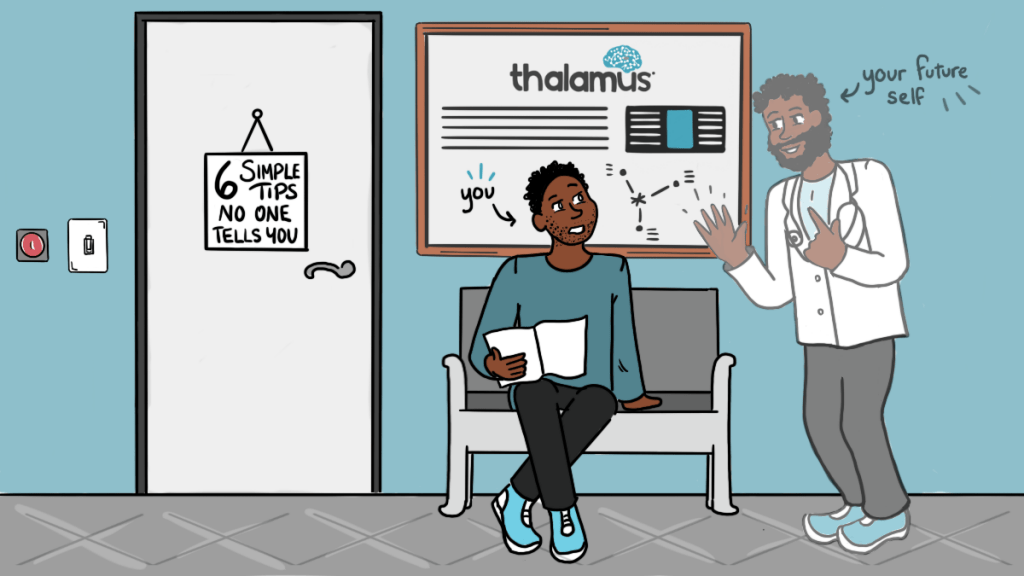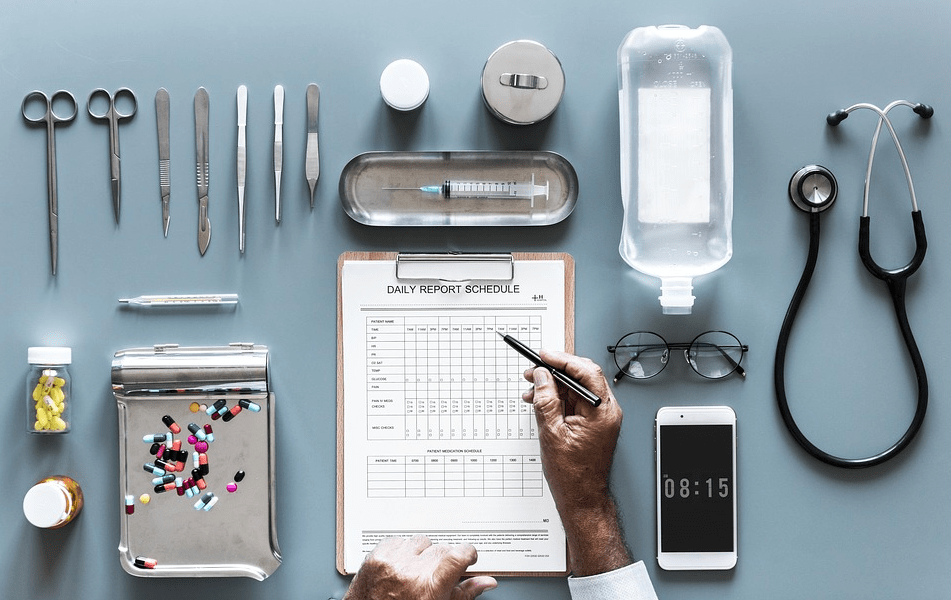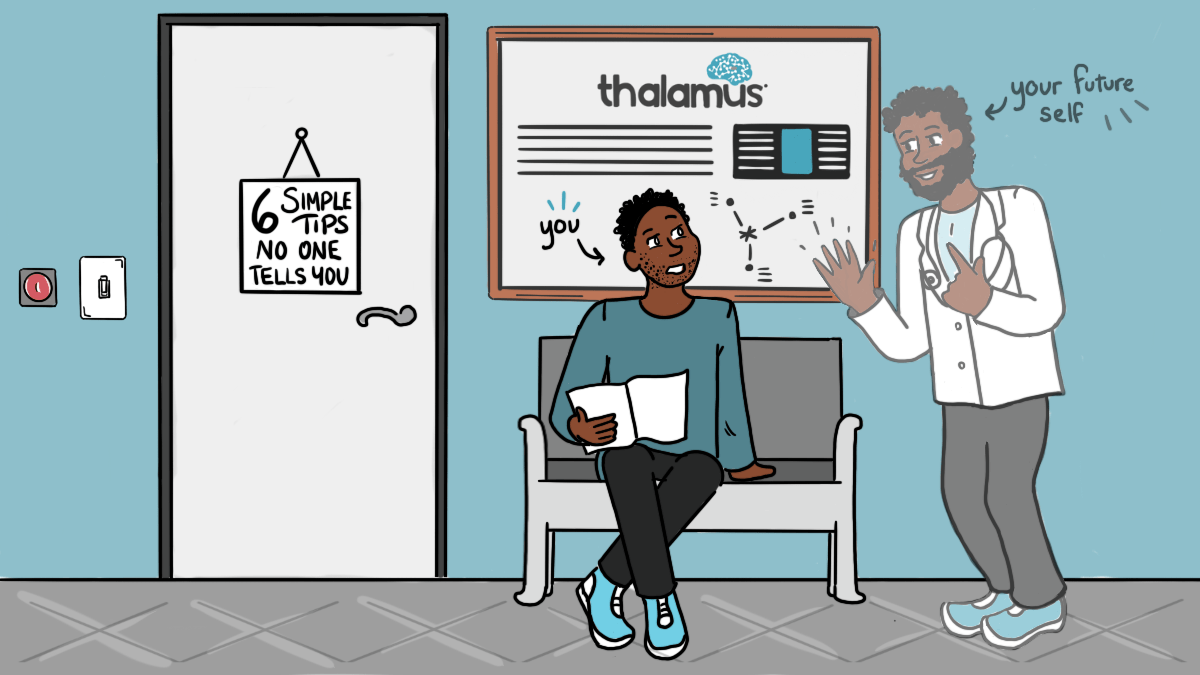
The beginning of intern year is right around the corner.
Perhaps your medical school provided a boot camp to get you ready. Maybe your hospital will do a quick orientation.
Often , that’s not quite enough. Since you’ve made it this far, you may or may not know there is a little thing called a hidden curriculum in education establishments. These rules are unsaid, unspoken, and to some, unknown. But they definitely exist, and being aware of them will make your transition to residency even smoother and make you a stronger intern in the process.
This post will provide insight into concepts which , like the hidden curriculum , exist but are not explicitly explained. After this post you’ll be aware of them—a big advantage.
Some of them I learned myself. Other ones are shared from co-residents who have trained at various locations: UCSF , NYU , Michigan , U Chicago , Emory , MGH , Ohio State (excuse me , The Ohio State University) , Stanford , UCLA , Michigan , Washington University in St. Louis , and University of Washington up in the Pacific Northwest.

Residency Survival Tip #1: Shut up and listen
I used to think that I had to ‘prove’ how much I knew to my attending. Often times , this meant I was speaking more than I was listening. I was defending my proposal on rounds more than I was open to accepting new ideas. Then , a senior faculty member said—in a very caring and kind way—that on the spectrum of all interns , the smartest are the ones who shut up and listen. And since I heard that , I’ve made it a point to listen more than I speak. I’ve come to appreciate the insane amount of knowledge , expertise , and clinical acumen that even the more senior residents possess.
And part of shutting up and listening is observing. I observe how the attending introduces himself to the family at the patient’s bedside. I watch how the senior resident pre-rounds. I notice how the code leader stands at the head of the bed and speaks loudly. I see how the chief gives a fist bump to the janitor and says hello to the secretary.
The phrase is a bit jarring , I admit. But the core of the statement is that as interns we should be extremely humble , open to learning , and taking in all types of information.

Residency Survival Tip #2: No-one expects anything from you. Except…
I put a lot of pressure on myself at the beginning of intern year. I told myself I had to know every detail about my patients , put in all the orders in a timely fashion , ask pointed questions of the consultants and not miss any major diagnoses. But then I came to realize that the amount that interns have to handle and manage , especially at the beginning of intern year , is enormous. That means that everyone on the team doesn’t expect anything substantial from you. And this is a reason to rejoice.
What they do expect are basic things which you already know: show up on time , don’t lie , smile , have a good attitude , ask for help , and follow up on things. That is it. It sounds super basic but if you do those things the first month , you will be in a very strong position.

Residency Survival Tip #3: You need a system
There is nothing enticing about the word ‘system.’ It sounds boring.
So , let’s focus for a second on what a good system can provide for us. It can give us more time to look up information we don’t know. It can allow us to sleep in some before coming into the hospital. It can allow us to sign out earlier and enjoy our lives outside of work. It can allow us to take a longer break for lunch , catch up on a phone call , or answer emails—as patients are tucked in and we are all caught up.
So where do we start? Well , let’s remember that our ‘ideal’ system will be produced out of trial and error. The ‘ideal’ system likely won’t fully form until later in the year. But , it is never too late to start to form the skeleton and work out the kinks.
A system can be many things. The way that you fold your paper during rounds. How you check off boxes on your to-do list. What color pen you decide to use and when. What you say when you respond to pages. Your questions when you see a new consult. How you put in orders. How you write notes in Evernote. Some of these things are covered in our residency life hacks!
As intern year starts out you won’t be expected to have a system in place. But , you can go above and beyond. Try asking this strange question to some of the senior residents and attendings: “Who is really organized and on top of things?”
When I asked that question I found myself literally watching a senior resident click through labs. He was methodical and efficient. Next , I looked through the templates of another senior resident. I was able to rapidly , and in a complete manner , write notes for common diagnoses. And finally , I was told to talk to a senior resident who was a boss while running codes. She shared with me a few screenshots of what to say and how to think about the coding situation. Lots of valuable insight gleaned by asking one question!

Residency Survival Tip #4: Know common diagnoses and practices
Zebras are nice and all , but as an intern you’ll be hammered with more questions about bowel regimens , nausea , pain control , Afib , and low urine output. I relied on high quality ‘intern year survival guides’ that are on the internet. Why? It allowed me to treat things comprehensively and not miss anything more serious.
Residency Survival Tip #5: Make the person above you look good
Look , we all serve somebody. As an intern , you’ll report up to your senior. Your senior reports to the attending. The attending reports to the Chair or other administrative body. You get the picture.
A general rule of thumb is to make the person above you look good. If you do that , they’ll be happy and the entire team will run more smoothly.
How do interns do that? If you are told “good job” on something , then make sure you say something out loud , in front of others , and sincerely , about the help that your senior provided. Chances are you didn’t do it 100% by yourself. The senior may have taught you , helped with a discharge summary , checked to see if you were concerned about any patients , or overall just run a good service. Spread the recognition.
Conversely , if you are admonished for something , don’t throw anyone else on the team under the bus. Just say “I’m sorry” and “it won’t happen again” and “thank you for telling me that.” That’s it. When people say that you should keep your head down , that is what it means. It sounds simple , but things start to look a tad strange when you haven’t seen the sun in weeks , aren’t sure what time of day it is , and haven’t had time to have a drink of water.

Residency Survival Tip #6: Call your patients’ families
I had a million things to do throughout the day as an intern. One that made me feel better was calling up a patient’s family when I was writing notes (multi-tasking!) and providing a quick 3-minute update. That’s it. Nothing too long. I didn’t wait for them to gather in the room. I just didn’t allow them to go without hearing anything. It can be simple:
- Here is what we think your loved one has…
- Here is how serious we think it is…
- Here are the next steps…
Families were so grateful to get an update. I personally felt like a ‘phony’ doctor , since I was an intern and didn’t know much. But to them , I was a real doctor—and actually , I could share some of my expertise when my superiors didn’t have time.
I was worried they would ask advanced questions , but most of the time they didn’t. And if they did , I brought up that question the following day on rounds with the team or when I was in the room with the attending.
To my surprise , there were other benefits to this.
- It reminded me that I was not just ‘moving the meat.’ I heard “thank you” and felt genuinely that my work was worthwhile.
- The families were happy to see me when we rounded. The nurses felt like I was a ‘good doctor.’ The attending then got the sense I cared and they were delighted that I made them look good.
- My co-residents appreciated it. When I signed out , the night resident knew that all families were updated. That means that they didn’t have to handle pages or join an impromptu family meeting while caring for 80 other patients.
It’s our hope that the tips above may help smooth out the start of intern year and provide a solid foundation for success. Because everyone benefits from good doctors! Here’s another blog with more tips for those beginning their residency or internship.
We created Thalamus with the goal of connecting prospective doctors and residency programs smoothly , and facilitating interview season in a way that saves time and energy. If you’d like to know more , request a demo!
